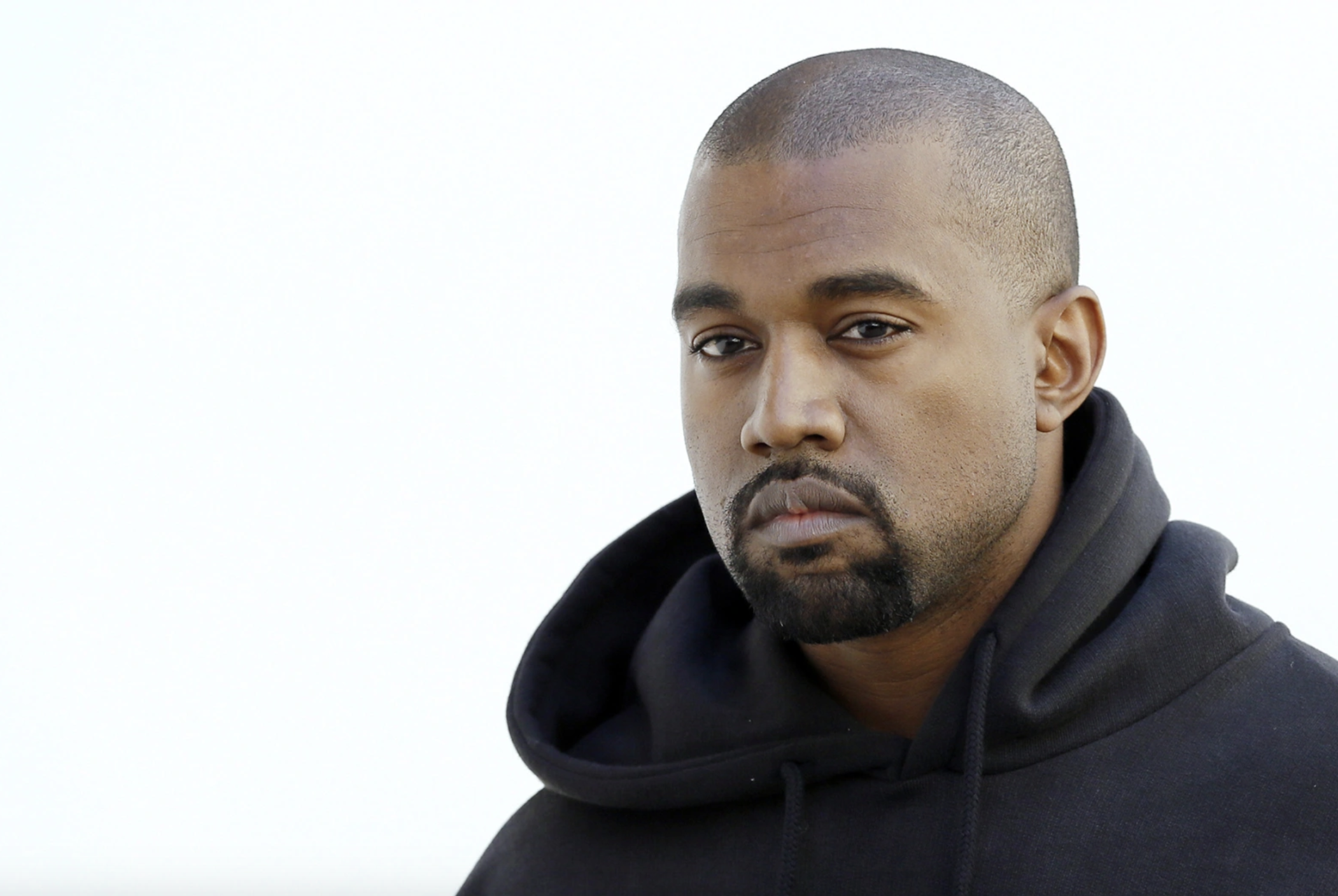Should I Still Listen to Kanye’s Music?
Kanye West has won 21 Grammy awards. He is tied with Jay-Z as one of the most decorated hip-hop artists. There is no denying that he is a talented artist—one who makes a lot of music that has helped shape the hip-hop and music scene as a whole. However, Kanye’s recent antisemitic comments on social media and racially insensitive comments, have brought up once again the age-old argument:
“Can we separate the art from the artist?”
Chris Brown. Rex Orange County. Morgan Wallen. Michael Jackson. Kanye West. Time and time again when an artist does something that is deemed extremely inappropriate, culturally insensitive, or just morally wrong, as a music listener, I am now confronted with whether or not I have a moral obligation to make a judgment and not listen to their music anymore.
Following his antisemitic comments on social media, several companies ended their partnership with West and his various business ventures, such as Balenciaga, J.P Morgan Chase, and Footlocker. Peloton, known for stationary bikes and workout classes said they were no longer going to use West’s music. In addition, Twitter and Instagram, the social media platforms that West used to spread hateful thoughts, suspended West because of the comments he made.
While one could argue that these companies are only distancing themselves from West for the sake of damage control and to protect their companies’ image, their actions still speak volumes in that hateful speech is not tolerated, and your actions do have consequences. Do we as listeners have have that same obligation? Should we still listen to Kanye’s music?
If I am being completely honest, I don’t know and I don’t have the answer. I think the argument that we can separate art from the artist is difficult, especially when it comes to music. Music is art, but it is also a product of consumption. We buy and stream music, which helps to give a platform to these artists in terms of notoriety but also contributes to the artist financially. Without people listening to Kanye’s music, he would not have gotten the platform he has today—he platform which he used to spread his hateful messages.
Listening to Kanye’s music does not mean you support his political or social views, it means you like his music; however, I think in the same way these companies established their agency we also have an obligation as well. However, we are not large corporations that have a lot of sway in terms of contributing to the social conversation. We are not trying to protect our own sales and personal images. We are just normal people who like listening to music. Ghost Town was an anthem for my friends in 2020, and driving around town with my friends and listening to Waves or Flashing Lights will always be a core memory for me, and listening to these songs brings back happy memories, reminding me of those moments. So it’s not hard for me to boycott Kanye, the person who made these hateful comments, but rather the music to which I have grown to love and have attached memories to. It’s a difficult position to be in, but at the same time, my decision to not listen to Kanye’s music anymore is not going to impact Kanye in the slightest.
Regardless if you decide to boycott Kanye’s music or not, this is still an important issue to grapple with. There is power in our actions and in the decisions we make, as consumers, and as music listeners, and we should not minimize the role we have in the music industry. And if you read this article, hoping to get clarity on this issue, and were provided with none, I’m sorry, I don’t have any clarity on this issue myself, but I think it is important to talk about this, to figure it out, hear people out because I don’t think there is really any right or wrong way to approach it. Next time you’re having dinner with a friend or family member, just ask, “Can we separate the art from the artist?”
Strike Out,
Writer: Isabelle Grassel
Editor: Katie Sharp
Notre Dame

